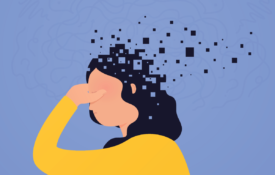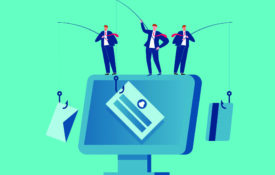-

New Content From Current Directions in Psychological Science
A sample of articles on parental burnout, motivated egalitarianism, the philosophy of perception in the psychologist’s laboratory, facing the unknowns in data analysis, and much more. Visit Page
-
Essential Trust: The Brain Science of Trust
What happens in your brain when you decide to trust someone? “When people make decisions to trust, it’s kind of the same as when they make decisions to gamble,” Jamil Zaki says. “You see activities Visit Page
-

Past Imperfect: Exploring the Challenges—and the Promise—of Memory’s Malleability
While many researchers continue to wrestle with the extent to which our memories can be relied on, others are exploring how this malleability can be harnessed to improve well-being. Visit Page
-

Up-and-Coming Voices: The Science of Behavior Change
In this collection of Flash Talks from the 2021 APS Virtual Convention, we highlight talks by students and early-career researchers related to behavioral change. Visit Page
-

Teaching: Falling for Scams / When Fiction Feels Real
Lesson plans on why we fall prey to scams and experience the placebo effect through films by David G. Myers, Cindi May, and Michael Scullin. Visit Page
-
Trust in Science Can Be Risky Without Critical Mindset
Reminding people of the value of critical evaluation reduces belief in false claims, but reminding them of the value of trusting science does not. “We conclude that trust in science, although desirable in many ways, makes Visit Page

